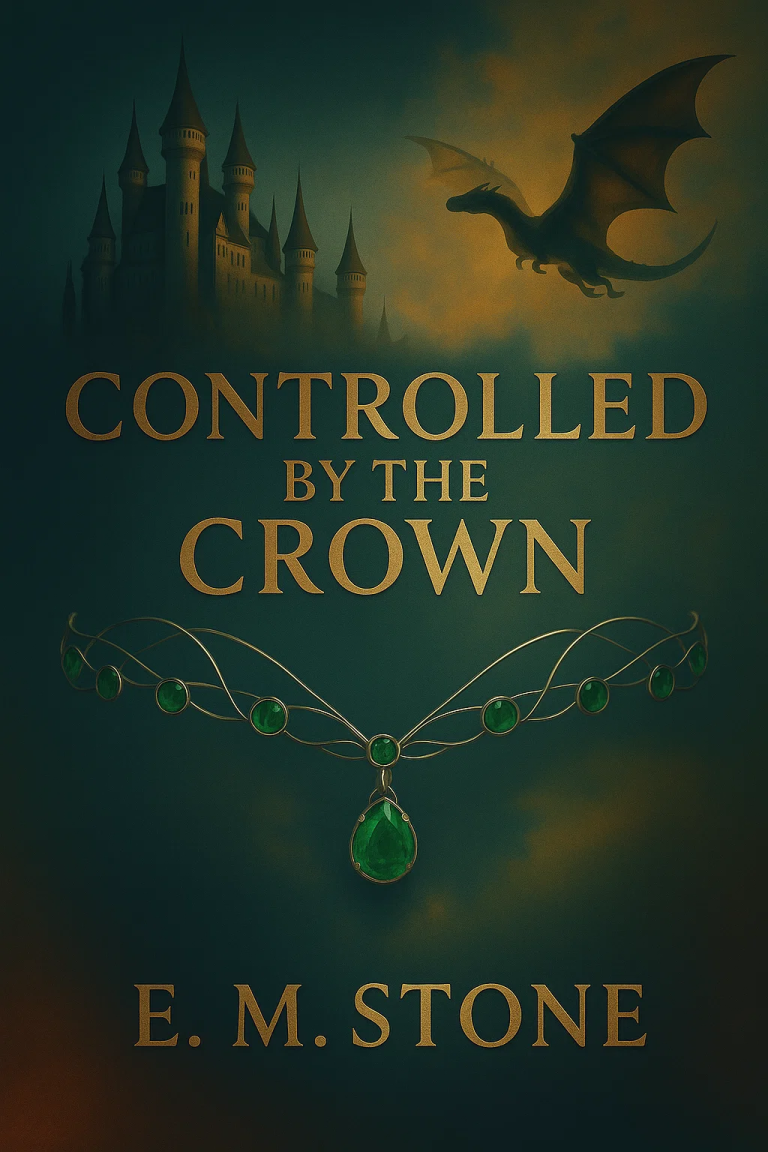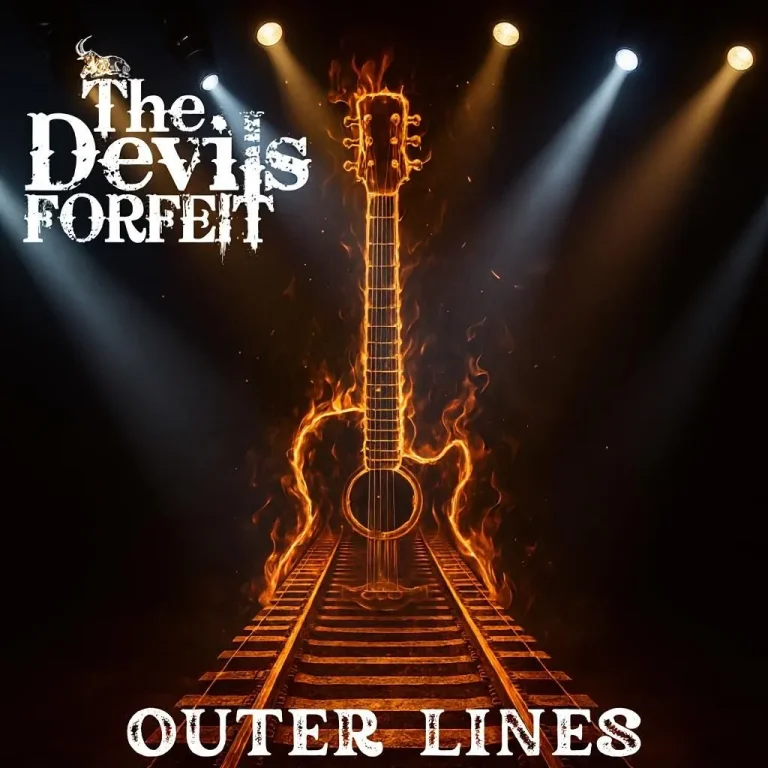Review By Halina Wegner
There are albums that push boundaries, and then there are albums that rip them apart, stitch them back together with raw wire, and dare you to walk through. Quinton Barnes’ third release in his 27th year, BLACK NOISE, is the latter. Dropping on June 6, 2025—the artist’s 28th birthday—BLACK NOISE isn’t just an album. It’s a sonic reckoning.
Released on Watch That Ends The Night Records (WTETN0008), this record is the third chapter in a trilogy of radical self-examinations. Building on the potent experimentation of its predecessors, BLACK NOISE is Quinton Barnes at his most ambitious, most collaborative, and most defiant. It’s not a record that asks for your attention—it demands it, and more than that, it earns it.
An Artistic Earthquake Born in Fire and Noise
Recorded in the culturally iconic Hotel2Tango studios in Montreal—hallowed ground for leftfield visionaries—BLACK NOISE was laid down just days after Donald Trump’s re-election, a moment that undoubtedly charges the record’s mood and message. In an era of increasing volatility, Barnes has channelled his fury, brilliance, and questions into a bold, sprawling masterwork that reflects both personal and political discontent.
But Barnes isn’t just reacting—he’s reimagining. Working from a base of Eurocentric classical piano compositions written by local pianist Edward Enman, Barnes and his collaborators deconstruct, warp, and rebuild the original works into something unrecognisable: a stormy, soul-crushing blend of classical beauty and defiant noise. The effect is like watching a string quartet drown in a tidal wave of avant-garde hip-hop, gospel, industrial clatter, and dissonant jazz—and somehow, it’s devastatingly cohesive.
Sound as Resistance, Sound as Survival
Barnes has long been a fearless boundary-breaker, but BLACK NOISE might be his most daring philosophical leap yet. It’s not just genre-fluid; it’s genre-destroying. Soul, gospel, noise, drone, hip-hop, acid funk, and jazz bleed together into a single body that breathes and groans under the weight of Afro-pessimism, grief, defiance, and survival.
His central question—“What is the role of Black sound in an anti-Black world?”—is not rhetorical. It’s answered, debated, shouted, sobbed, and spat out over the course of seven hypnotic, harrowing tracks. To ask that question through the lens of deconstructed classical music is a masterstroke of cultural critique. To then layer it with sax, mbira, violin, hand-carved flutes, and even an instrument called the Drone-jo, is a declaration that Black art will not be boxed, labelled, or silenced.
Track by Track: The Noise Speaks
1. Black Noise (3:58)
The title track drops you directly into the eye of the storm. The piano motif from Enman’s original composition lingers like a ghost before being engulfed in glitchy beats, harsh drone, and a snarling saxophone. Barnes’ sprechgesang delivery walks the tightrope between poetry and rap, murmuring about forgotten Black artists and the weaponisation of silence. It’s a haunting overture that sets the tone for the chaos to come.
2. What Would Eastman Do (5:39)
A nod to avant-garde Black composer Julius Eastman, this track is part manifesto, part séance. Breakbeat loops slam into gospel organ swells, while Barnes questions systemic erasure with lines that feel like daggers. The production here is dense, almost suffocating—clearly intentional, mirroring the claustrophobia of being unseen. The track’s sonic fragmentation mirrors its lyrical themes of identity dissolution and reclamation.
3. Art of Survival (2:56)
The shortest track on the album is also one of its most immediate. A scathing, breathless exploration of poverty and creative perseverance, “Art of Survival” has Barnes switching rapidly between chanted hooks and dense verbal barrages. It’s unrelenting, with a clattering drumbeat that sounds like someone trying to knock the doors of the academy down from the outside.
4. Black Orpheus (9:03)
This nine-minute opus is the heart of the record. A reimagining of the myth through a Black lens, Barnes uses Orpheus as metaphor for Black artists navigating white institutions, singing into the void in hopes of being heard. The track builds like a slow spiritual—flute solos rise and fall, violins shriek, drones hum like funeral bells. The final three minutes dissolve into a hellish noise spiral that’s as beautiful as it is terrifying.
5. Sober For The Weekend (3:48)
A rare moment of personal introspection, this track is tender without losing any of its sharpness. It leans more toward alt-soul, with Barnes crooning over warm mbira textures and minimal drums. But don’t mistake softness for submission—there’s still a simmering tension here, as he sings about self-control, inherited trauma, and joy as rebellion.
6. Quiet Noise (3:38)
This is the comedown after the storm, but it’s far from peaceful. There’s a jittery dissonance in the layered instrumentation—flutes play just slightly out of tune, organs surge in and out of key. Barnes whispers here rather than belts, but the effect is chilling. Quiet Noise becomes a meditation on exhaustion, on the fragility of Black genius under the weight of white expectation.
7. Movement 7 (???)
The final track is deliberately unpolished, a collage of voice memos, distorted radio frequencies, and chaotic jazz improvisation. It’s hard to tell what’s premeditated and what’s spontaneous—and that’s the point. This is freedom music, made not for palatability, but for truth. It closes the album with no real resolution, only a sense that the question remains. What now?
An Artistic Triumph Drenched in Grief and Glory
There’s a spiritual gravity to BLACK NOISE. It’s heavy, but not in a way that numbs. Rather, it pulls you in—forces you to sit with discomfort, contradiction, and the brutality of unrecognised brilliance. It’s as much an act of mourning as it is one of rebirth.
What separates Barnes from his contemporaries is his refusal to simplify. This isn’t an album that will be playlisted for mass appeal. It’s messy, nonlinear, and deeply challenging. But that’s precisely what makes it essential. It doesn’t just invite repeat listens—it demands them. Each spin reveals another layer: a piano flourish here, a distorted scream there, a spoken line you missed the first three times that suddenly changes everything.
And amidst the swirling chaos, Barnes’ voice remains unwavering. Not just his literal voice—though his vocal control is remarkable—but his artistic voice. Every choice feels intentional. Every moment has weight
In BLACK NOISE, Quinton Barnes has crafted a record that feels like a rupture—of expectation, of genre, of silence. It’s a ferocious, fearless exploration of what it means to be a Black artist in a world that commodifies your output while ignoring your existence. But more than that, it’s a celebration. Of sound. Of defiance. Of survival.
With this release, Barnes doesn’t just close out a trilogy—he opens a new chapter. And we should all be paying attention.



















+ There are no comments
Add yours